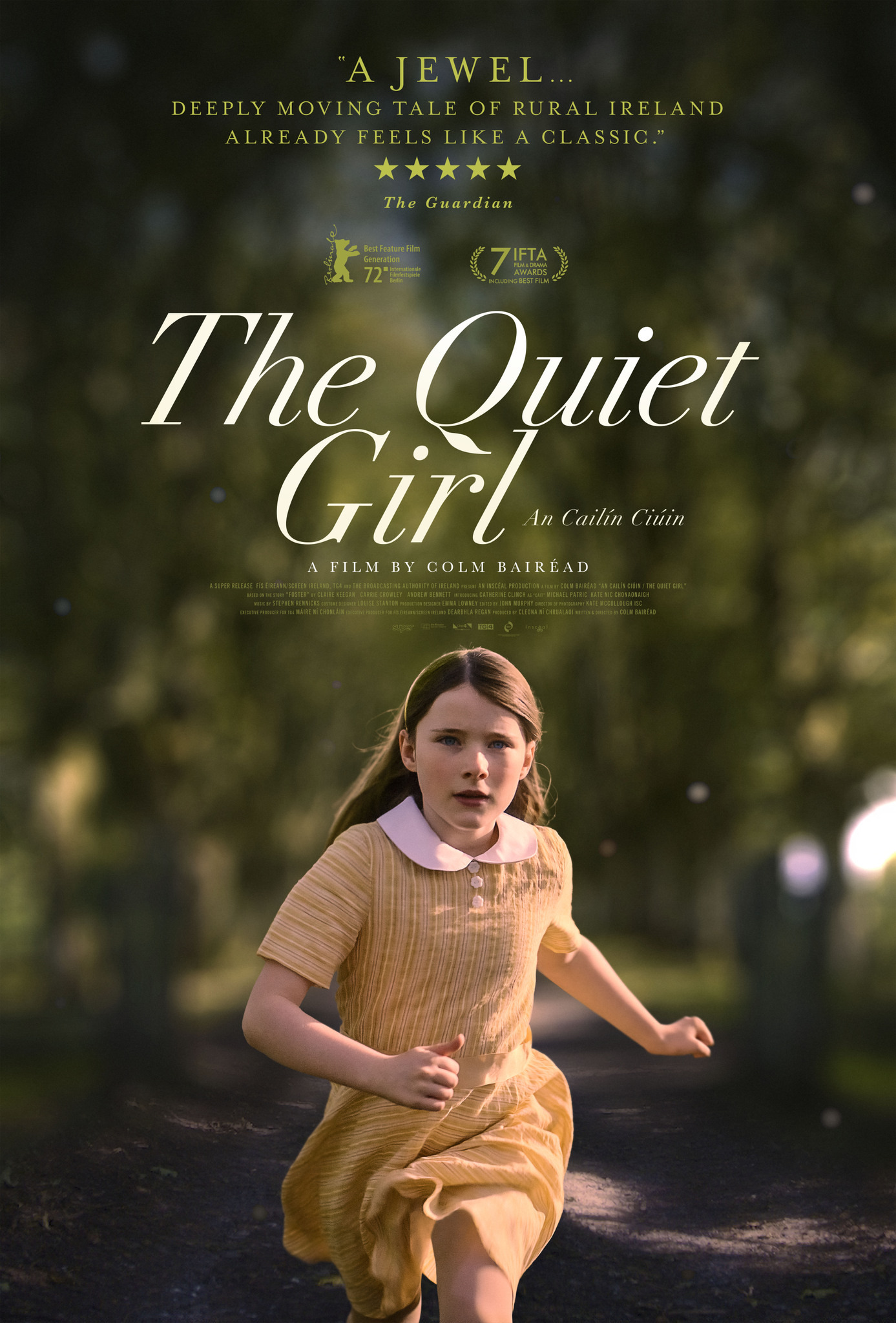That’s Trent Reznor, quoted in a new piece from Elizabeth Lopatto about Pitchfork in The Verge. It’s great:
Anna Wintour, global chief content officer of Condé Nast, doesn’t care about music and doesn’t understand the internet, two former Pitchfork staffers told me. She didn’t even take her sunglasses off when she fired Pitchfork’s employees.
Brutal. I grew up in a small town and had offbeat musical tastes. I had to special order almost all my CDs. MP3’s and Pitchfork were a revelation to me. Even though I was living in Toronto by then, I was too broke to buy music and downloading music took time and effort.
…in order to remember the changes that the music industry has been through in the last 30 years, you do actually need to be older than 30. For young audiences, streaming and ubiquity have been the norm.
“With Columbia House, the idea was you would get one album a month,” says [teacher and critic Maura] Johnston. “And when I say that to my students, they are gobsmacked.”
It’s a great piece. Pitchfork is still one of the first three tabs I open every weekday morning (Feedly and this website, if you’re wondering). The (near) death of it has forced me to find new sources for new music, which isn’t a terrible thing, but in the words of P4K founder Schreiber, “…most music journalists [are] basically just cheerleaders.”
UPDATE: It’s Pitchfork day, I guess. Slate has a piece up too: an oral history that covers a lot of the same ground, but ends with this which I think encompasses the value that Pitchfork had (has?) for a lot of people:
How many times have you read a Pitchfork review and had seven tabs open at the end of it so you could figure out what all these references are? And then you’re down a wormhole and you found three other things?






